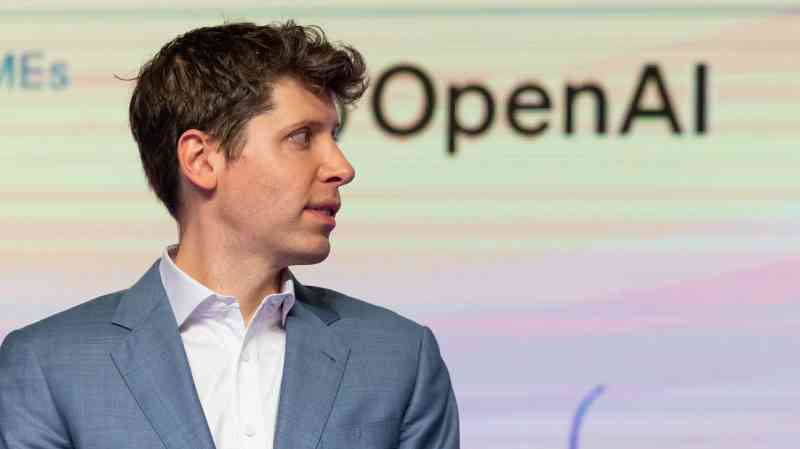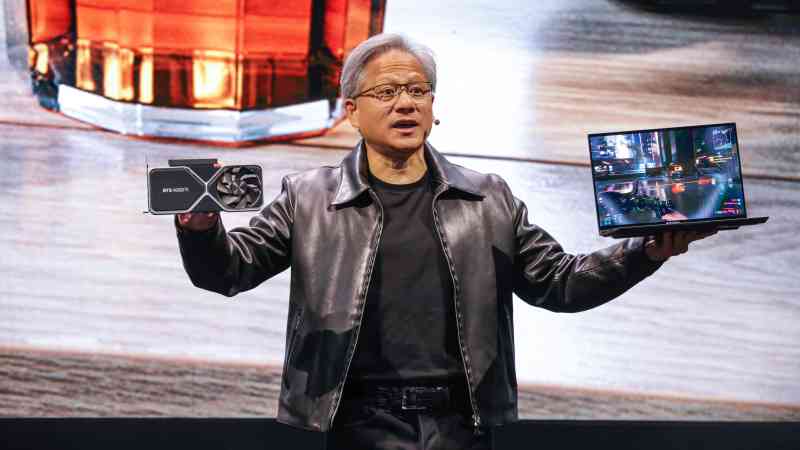Microsoft and Apple abandon OpenAI board seats amid regulatory scrutiny
Microsoft and Apple have withdrawn from their board observer seats at OpenAI in an effort to stave off global regulators’ concerns over the close relationships between big tech and a small cohort of powerful AI start-ups.
Less than nine months after taking on the role, Microsoft has written to the ChatGPT maker, which it has backed with $13 billion, saying its resignation was “effective immediately”.
Apple, which recently announced a partnership with OpenAI to integrate its chatbots into its products, will not take up its planned seat, the Financial Times reported.
The world’s top generative AI businesses, which include OpenAI, Anthropic and Mistral, have close links to tech giants, who have backed them with billions of dollars.
Watchdogs fear these relationships could entrench Silicon Valley’s dominance over the transformative technology, stifling competition as well as increasing their power and influence.
The UK’s competition authority set out its concerns last December, saying thatthe development of AI “is unrivalled in economic history” and calling competition between developers “critical” to “guide the development of the market toward positive outcomes for people and businesses”.
The Competition and Markets Authority (CMA) is currently weighing up whether Microsoft’s partnership with OpenAI could be considered a merger, along with a similar tie-up between Amazon and Anthropic. It has invited comments ahead of a potential preliminary investigation.
The regulator is scrutinising the “multi-year, multi-billion dollar investment, collaboration in technology development and exclusive provision of cloud services by Microsoft to OpenAI” and whether the partnership means Microsoft has material influence over the business.
By dropping the board seat, Microsoft will be hoping that this will clear one of the main issues that has been raised about its investment.
The European Commission also looked at the deal and while it concluded that the observer seat did not change OpenAI’s independence or Microsoft’s influence over OpenAI, it is still considering an antitrust investigation.
In the US, the Federal Trade Commission is examining the competitive impact of investments and partnerships between large tech firms and generative AI start-ups.
OpenAI went through a tumultuous period in November last year when Sam Altman, its chief executive, was fired and rehired over the course of a weekend in a dispute over the strategic direction of the company.
Following the upheaval, Microsoft took up an observer role on the board. Given the size and significance of its interest in the business, many expressed surprise that it did not already have one.
In the letter, Microsoft said: “We accepted the non-voting board observer role at a time when OpenAI was in the process of rebuilding its board. This position provided insights into the board’s transitional work without compromising its independence.”
With the new board in place, Microsoft said it was “confident in the company’s direction” and as a result “we no longer believe our limited role as an observer is necessary”.
Alex Haffner, a competition partner at Fladgate, the law firm, said: “It is hard not to conclude that Microsoft’s decision has been heavily influenced by the ongoing competition scrutiny of its (and other major tech players’) influence over emerging AI players such as Open AI.
“It is clear that regulators are very much focused on the complex web of inter-relationships that big tech has created with AI providers, hence the need for Microsoft and others to carefully consider how they structure these arrangements.”




Post Comment